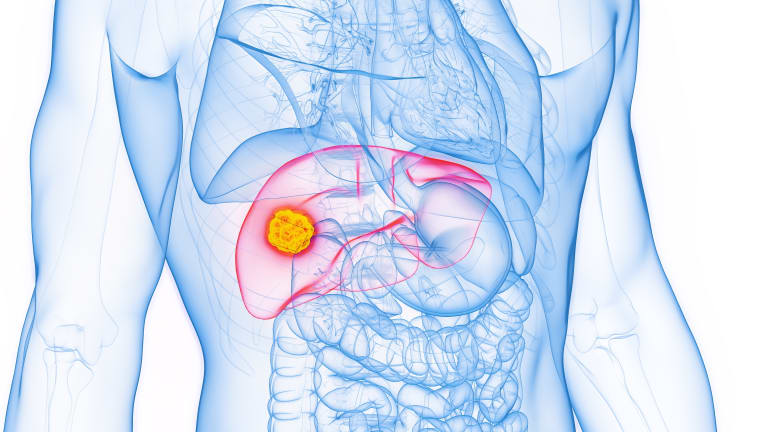
New Pain Medication in Modern Healthcare: The Impact Amid Opioid Crackdowns
In the ever-evolving healthcare landscape, introducing a “New Pain Medication” brings both promise and scrutiny. As medical science advances, so do the options for pain management, yet the arrival of novel treatments prompts critical evaluation of their implications. The Role of New Pain Medication The advent of a “New Pain Medication” marks a significant milestone…




